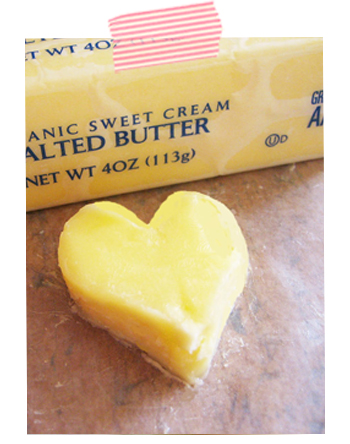The Highest of Holy Days – Yom Kippur
“…In the seventh month, on the tenth day of the month, you shall afflict your souls, and you shall not do any work … For on that day he shall provide atonement for you to cleanse you from all your sins before the L-RD.” -Leviticus 16:29-30
Here is an edited description of this most holy day in the Jewish faith, taken from Judaism 101 on jewfaq.org:
“Yom Kippur is probably the most important holiday of the Jewish year. Many Jews who do not observe any other Jewish custom will refrain from work, fast and/or attend synagogue services on this day.
The name “Yom Kippur” means “Day of Atonement,” and that pretty much explains what the holiday is. It is a day set aside to “afflict the soul,” to atone for the sins of the past year. There are “books” in which G-d inscribes all of our names. On Yom Kippur, the judgment entered in these books is sealed. This day is, essentially, your last appeal, your last chance to change the judgment, to demonstrate your repentance and make amends.
Yom Kippur atones only for sins between man and G-d, not for sins against another person. To atone for sins against another person, you must first seek reconciliation with that person, righting the wrongs you committed against them if possible. That must all be done before Yom Kippur.
Yom Kippur is a complete Sabbath; no work can be performed on that day. It is well-known that you are supposed to refrain from eating and drinking (even water) on Yom Kippur. It is a complete, 25-hour fast beginning before sunset on the evening before Yom Kippur and ending after nightfall on the day of Yom Kippur. The Talmud also specifies additional restrictions that are less well-known: washing and bathing, anointing one’s body (with cosmetics, deodorants, etc.), wearing leather shoes (Orthodox Jews routinely wear canvas sneakers under their dress clothes on Yom Kippur), and engaging in sexual relations are all prohibited on Yom Kippur.
As always, any of these restrictions can be lifted where a threat to life or health is involved. In fact, children under the age of nine and women in childbirth (from the time labor begins until three days after birth) are not permitted to fast, even if they want to. Older children and women from the third to the seventh day after childbirth are permitted to fast, but are permitted to break the fast if they feel the need to do so. People with other illnesses should consult a physician and a rabbi for advice.
Most of the holiday is spent in the synagogue, in prayer. In Orthodox synagogues, services begin early in the morning (8 or 9 AM) and continue until about 3 PM. People then usually go home for an afternoon nap and return around 5 or 6 PM for the afternoon and evening services, which continue until nightfall. The services end at nightfall, with the blowing of the tekiah gedolah, a long blast on the shofar.
It is customary to wear white on the holiday, which symbolizes purity and calls to mind the promise that our sins shall be made as white as snow (Isaiah 1:18)”
So today to our Jewish chums we give the customary greeting of Yom Kippur “Have an easy fast” and to the rest of our chums we say today and everyday may your lives be blessed with “Love, joy and abundant living”!
P.S. Today happens to be the 7th birthday of one of our favorite Two Chums “models”, Miss Savannah Rae Scolinos, my granddaughter.
Because I am out of town at a wedding I am not there to give her a big birthday kiss and tight squeeze, so I’m taking this opportunity to say “Happy Birthday sweet girl…you are a joy to me and everyone who knows you. I love you soooo much!”
xo, Lolli aka …
Comments are closed.











Happy birthday, Savannah!